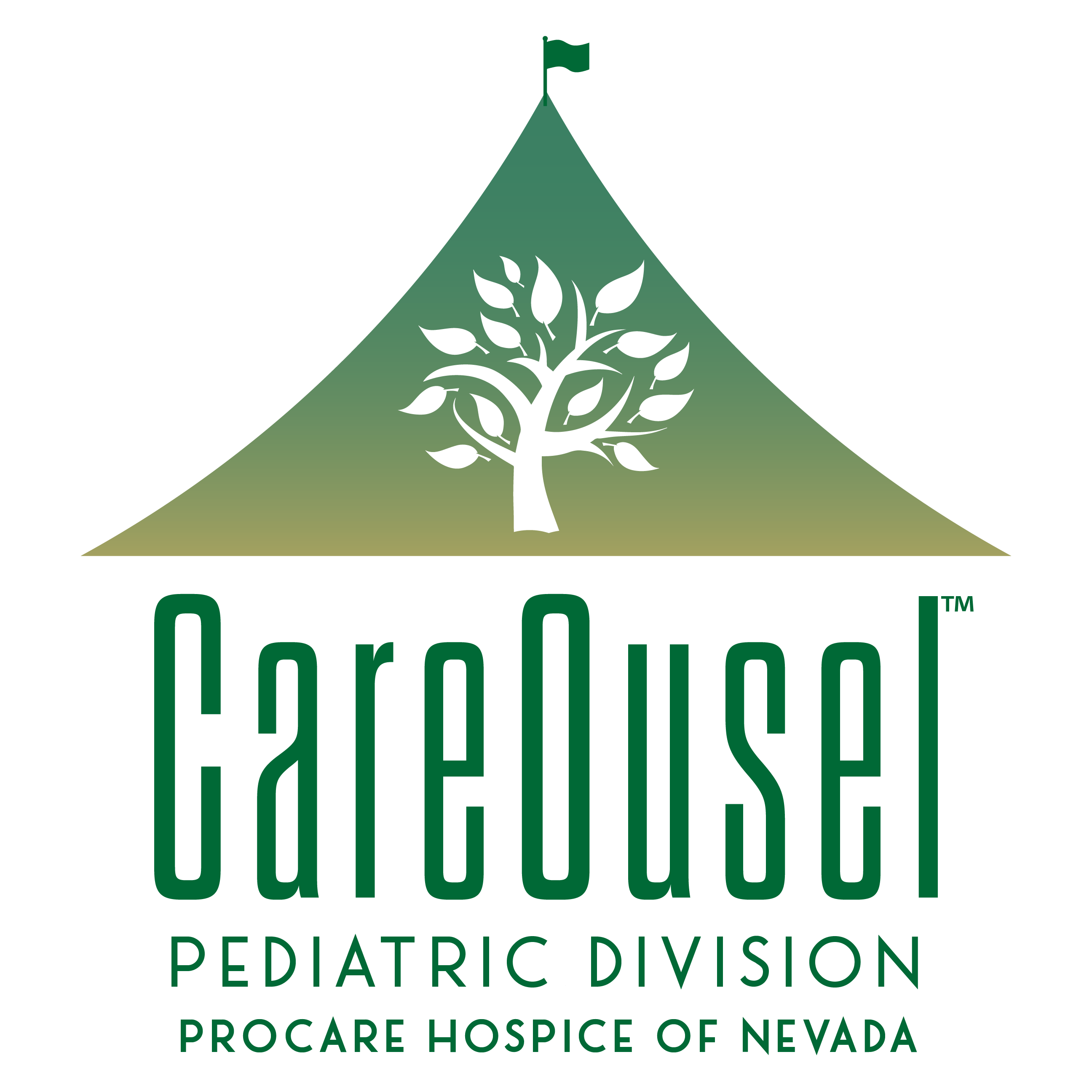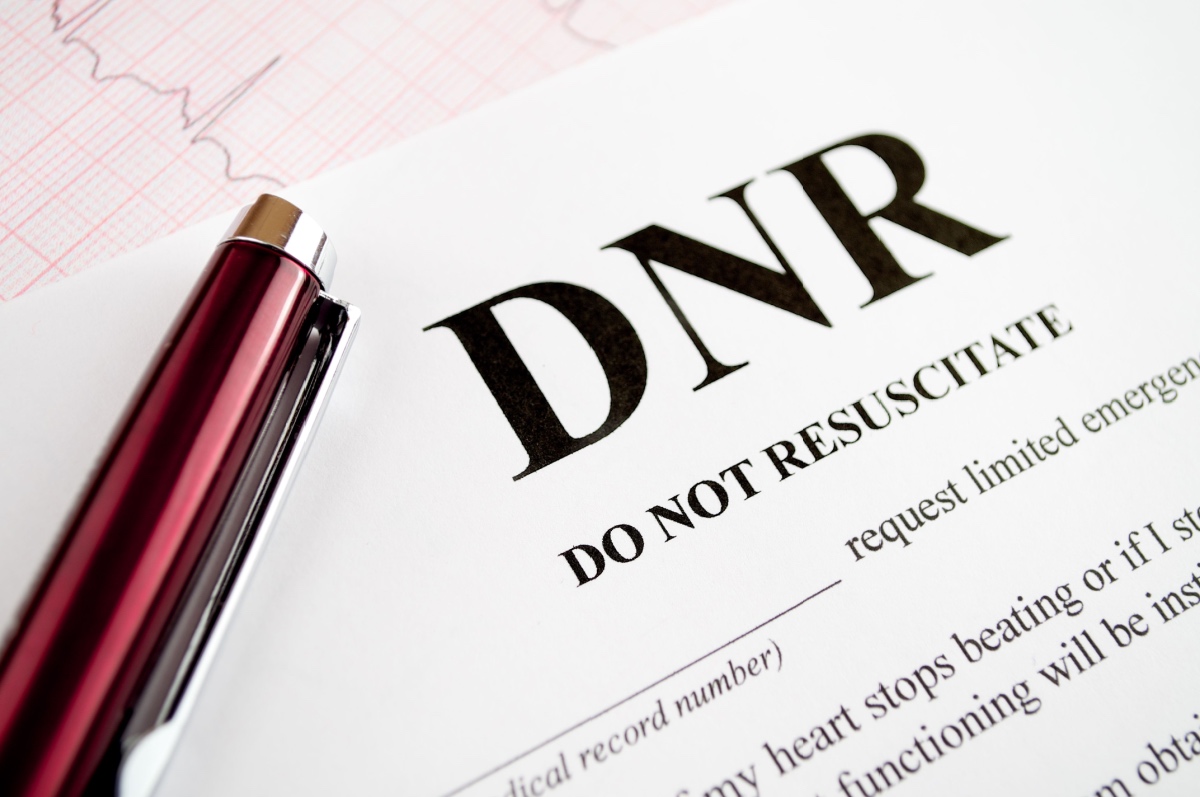When someone begins considering hospice care, questions about medical paperwork often come up—especially around things like Do Not Resuscitate (DNR) orders, living wills, and medical power of attorney. These documents can feel confusing or overwhelming, especially during a time that’s already emotionally heavy. One common concern is whether a DNR is required to receive hospice care.
Table of Contents
- What Is a DNR—and What Isn’t?
- Do You Need a DNR to Receive Hospice Care?
- Living Wills vs. DNR Orders: What’s the Difference?
- The Role of Medical Power of Attorney
- Talking About Your Wishes with Loved Ones
- How ProCare Hospice Supports Your Choices
- When to Revisit or Update Advance Directives
- Final Thoughts: Empowered Decisions, Peaceful Care
- Frequently Asked Questions
What Is a DNR and What Isn’t?
A DNR (Do Not Resuscitate) order is a specific medical instruction that tells emergency responders not to perform CPR or other life-saving measures in the event of cardiac or respiratory arrest. This includes chest compressions, defibrillation, and intubation.
It’s important to understand that a DNR is not the same as choosing no care. Patients with DNR orders still receive medications, comfort care, emotional support, and medical attention. The focus simply shifts away from emergency resuscitation efforts and toward comfort and dignity.
In Nevada, DNR Identification is a formal document issued by the county or state health district. Patients must meet specific criteria—including being diagnosed with a terminal condition by a physician—and apply through the appropriate channels.
Do You Need a DNR to Receive Hospice Care?
No, you do not need a DNR to receive hospice care in Las Vegas. At ProCare Hospice of Nevada, our mission is to honor your values and support your choices, not to impose them.
Some patients choose to have a DNR in place when they enter hospice. Others prefer to wait or decide not to complete one at all. We respect both paths.
What matters most is your comfort and your goals. Our team will walk with you regardless of whether or not you have a DNR. If at any point you’d like to explore this option, we’re here to help guide you through the process.
Living Wills vs. DNR Orders: What’s the Difference?
A DNR is just one part of what’s known as advance care planning. Other documents that play a role in your medical decisions include:
Living Will
A Living Will (sometimes called a “declaration”) outlines your preferences for life-sustaining treatment if you become unable to communicate and are in a terminal condition. This might include directions about feeding tubes, ventilators, or other interventions.
Nevada allows two types of Living Wills:
- One where you state your wishes directly
- One where you appoint someone else to decide on your behalf
Living Wills are only activated if you’re unable to speak for yourself and your condition meets specific medical criteria.
DNR (Do Not Resuscitate) Order
Unlike a Living Will, which provides guidance, a DNR is a clear medical order specifically about resuscitation. It tells emergency personnel not to perform CPR or similar life-saving efforts if your heart or breathing stops.
To be valid in the state of Nevada, a DNR Identification card must be issued through a state or county application process. If you have one, it should be posted in a clearly visible place in your home.
The Role of Medical Power of Attorney
A Durable Power of Attorney for Health Care allows you to name someone to make medical decisions on your behalf if you can no longer do so yourself.
This document is especially useful if:
- You don’t have a DNR or Living Will in place
- Your health changes suddenly and you’re unable to express your wishes
- Complex medical choices arise that haven’t been outlined elsewhere
Your designated agent will be able to speak with doctors, access medical information, and consent to or decline treatment based on your values.
Unlike a DNR, which addresses a specific scenario, medical power of attorney covers a wide range of decisions.
Talking About Your Wishes with Loved Ones
One of the most meaningful things you can do for yourself and your family is to talk about what matters most to you when it comes to care.
These conversations are not always easy, but they bring clarity and peace during uncertain moments.
Here are a few ways to start:
- “I want you to know what I’d want if I couldn’t speak for myself.”
- “I’ve been thinking about what quality of life means to me.”
- “Can we talk about what care I’d like if things change?”
At ProCare Hospice of Nevada, our team includes social workers and chaplains who can help facilitate these discussions with compassion and clarity.
How ProCare Hospice Supports Your Choices
Whether you have a DNR in place or not, we honor your right to choose the path that feels right for you. Our role is to provide guidance, not to pressure or decide for you.
Here’s how we support you:
- We never require a DNR for hospice admission
- We can help you complete advance directives if you choose to
- We provide education to you and your caregivers on what different options mean
- We’ll always communicate openly, with transparency and compassion
If you decide to apply for a DNR, we’ll help you complete the county application and ensure your identification card is ordered and posted in your home.
When to Revisit or Update Advance Directives
Your wishes may evolve as your health changes or as you reflect on what’s most important to you. It’s okay—and encouraged—to revisit your decisions over time.
You may want to update your documents if:
- You change your mind about resuscitation or life-sustaining treatment
- You want to appoint a different person as your medical decision-maker
- You’ve moved to a new state or county
You can revise or revoke advance directives at any time, and we’ll be here to support those updates.
Empowered Decisions, Peaceful Care
At ProCare Hospice of Nevada, we believe in care that reflects who you are, not just what your diagnosis is. Whether you have a DNR, a Living Will, a medical power of attorney, or none of the above, you are always welcome here.
Your comfort, your values, and your peace of mind are at the center of everything we do.
If you have questions about care, services, or how we can help make each day more comfortable and meaningful, we’re here 24/7. Call ProCare Hospice of Nevada at (702) 380-8300.
Frequently Asked Questions
- Is a DNR required to start hospice?
No. At ProCare Hospice of Nevada, we do not require a DNR. You can receive full hospice services in las Vegas with or without one.
- What happens if I have a DNR and my family wants CPR?
EMS and medical personnel will follow your written DNR order if it is valid and clearly visible. That’s why it’s important to communicate your wishes with your loved ones ahead of time.
- 3. Can I change my mind after signing a DNR?
Yes. You can revoke your DNR at any time. Let your hospice team and loved ones know right away if you change your decision.
- How is a medical power of attorney different from a DNR?
A medical power of attorney gives someone else the authority to make medical decisions for you. A DNR is a specific order related to CPR and resuscitation only.
- How do I get a DNR Identification Card in Nevada?
We can help you apply for one through your county or health district. You must be diagnosed with a terminal condition and meet eligibility criteria. Speak with our team at ProCare Hospice to start the process.



 Back To Top
Back To Top